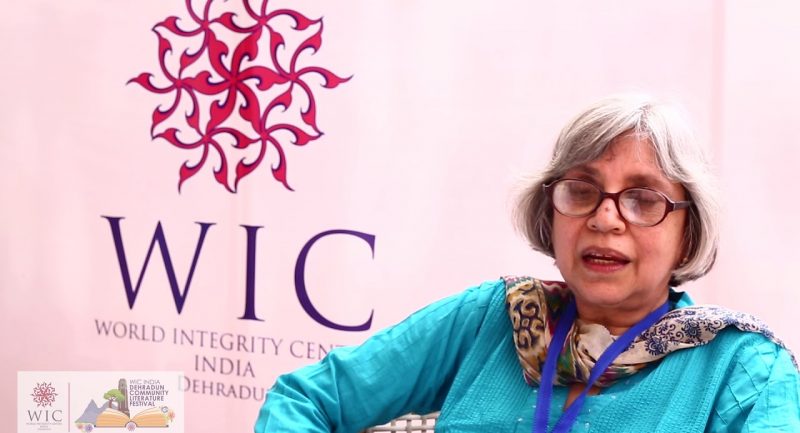
Aurangzeb was the last of great Mughal emperors and ruled India from 1658 to 1707. He was a staunch Muslim and his policies abandoned religious tolerance.
On the other hand, Shivaji, the Maratha King, was expected to follow the footsteps of his forefathers and become a jagirdar. But he spurned the life he was born into. He picked up his sword and chose to fight for the freedom of his people, for a free Maratha nation.
During the Maratha war of independence, Shivaji and Aurangzeb were at daggers drawn with each other and so were their philosophies on religion, war and humanity:
1. Religion
Though Aurangzeb was the ruler of a mixed Hindu-Muslim kingdom, he was an orthodox Muslim who was compelled to embrace the philosophies of his perception of Islam.

Shivaji was inclusive and respected all communities and religions. Being a pluralist helped him gain respect in all communities.

2. Governance
Rajaji Shivaji was a brilliant and courageous general who wanted Swaraj – self-governance.

Relentless and rebellious, Aurangzeb was a monarch who wanted to oppress everyone and wanted them under ‘sunni’ – the rule of the Mughal empire.

3. War strategies
Aurangzeb fought his wars with brute force irrespective of what the consequences would be.

On the contrary, Shivaji tried to avoid wars with excessive blood shed, and instead deployed his masterful strategies. He used Guerrilla tactics very shrewdly.

4. Humanity
Shivaji followed principles of humanity. He had an unshakeable faith in the inherent decency of humankind; it was a thread that ran through his life and connected his disparate actions.

While Aurangzeb was ruthless in his actions and was hungry for power and victory, even if it meant killing his own blood.

————










